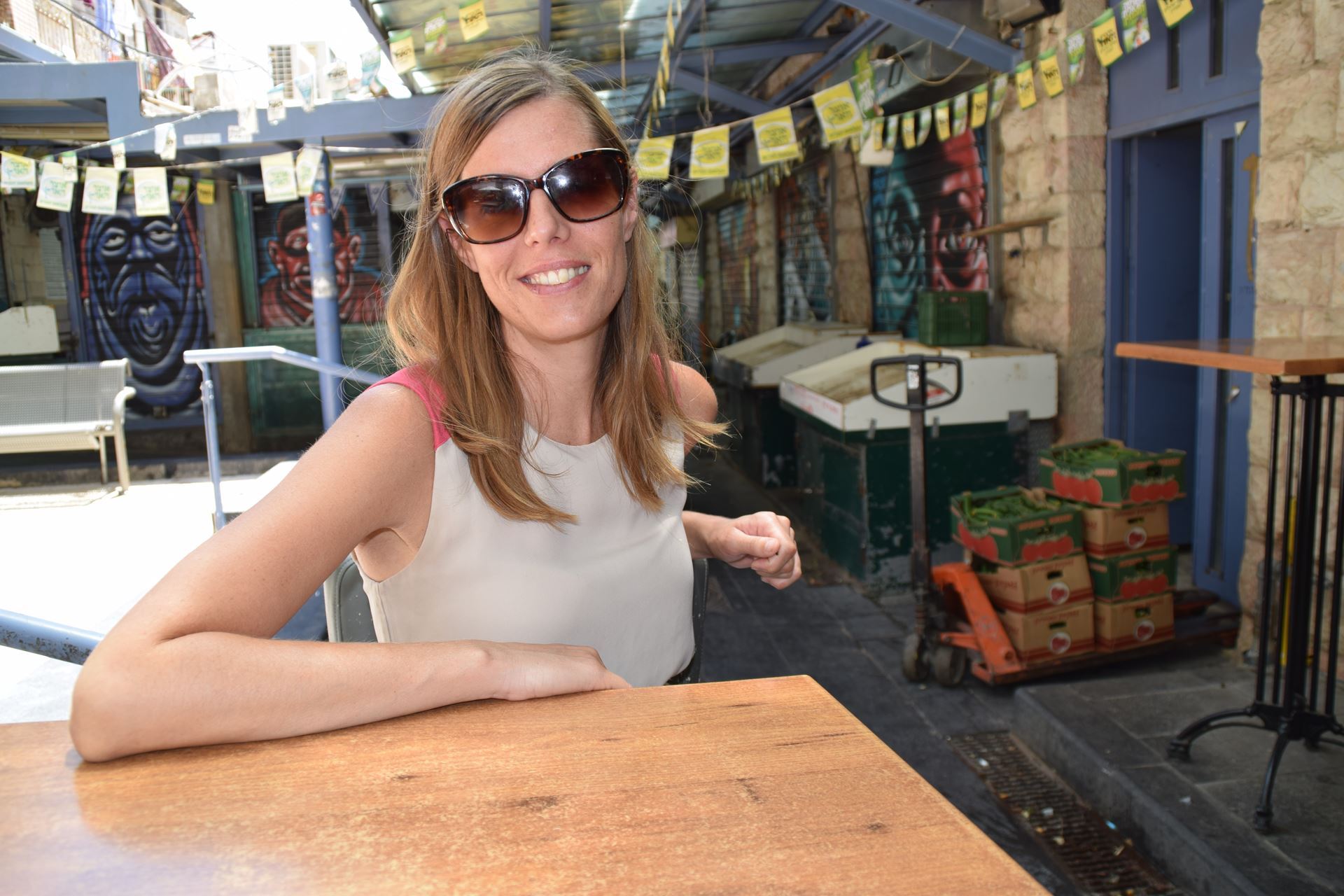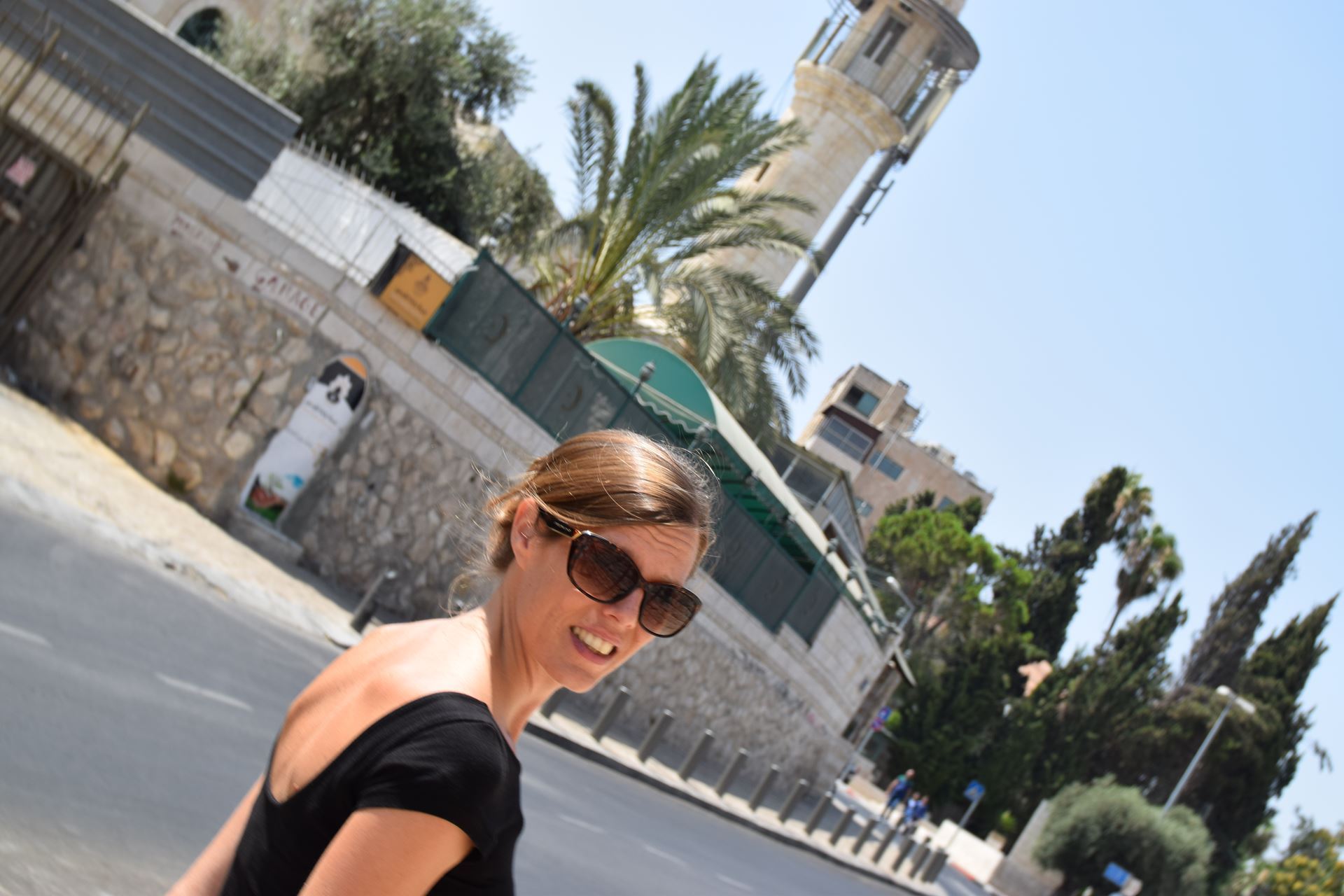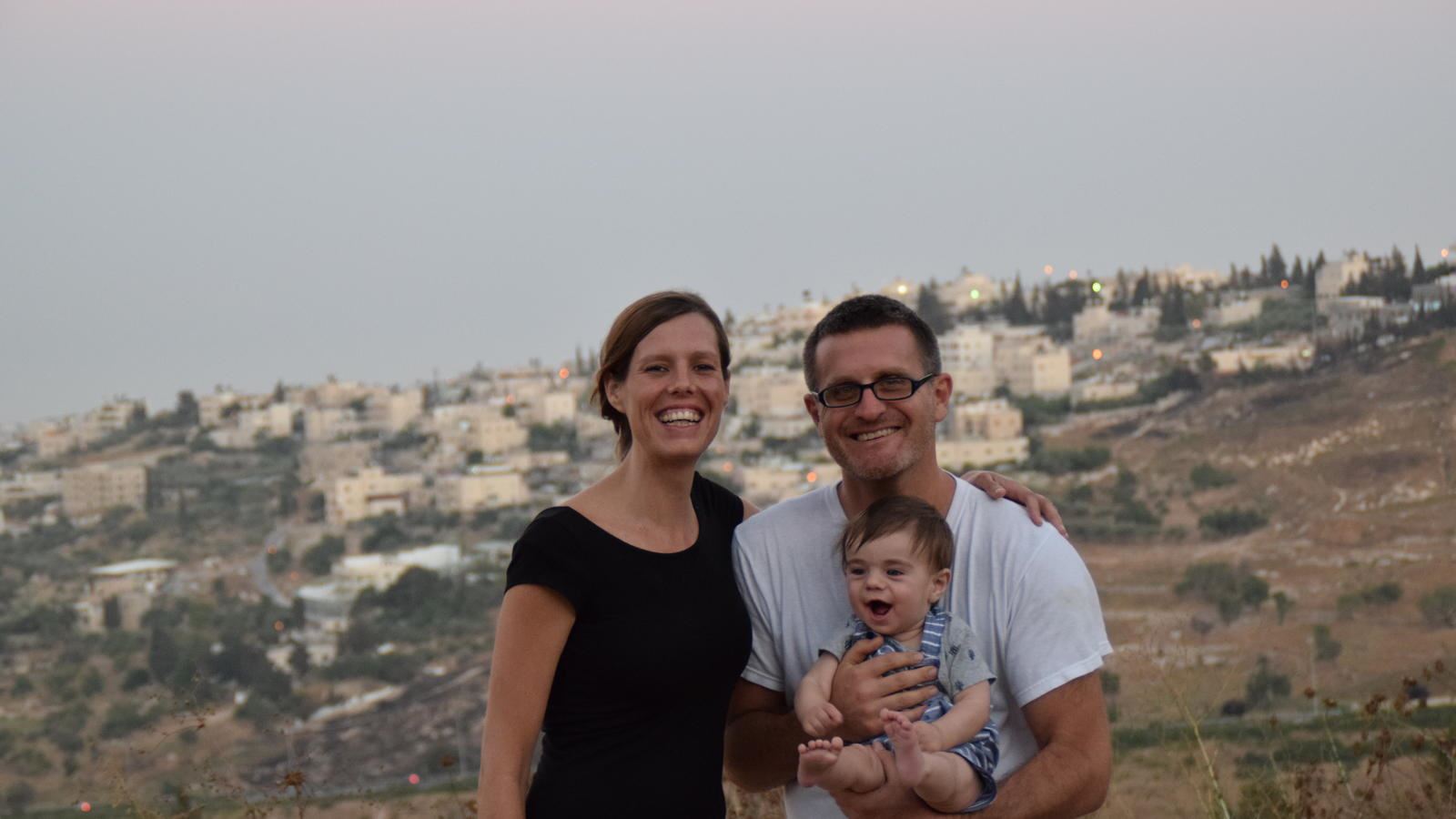|
SUPPORT THE DANA JOHNSON GORLIN FELLOWSHIP FUND
 The Reacting Consortium and Barnard College have joined to create a fellowship in Dana’s honor. Because her most visible achievement was the Summer Institute, the fellowship will cover the registration, travel and housing to allow one or more faculty participants to attend the Summer Institute each year. The fellowship will be awarded to a deserving faculty member, especially from a community college or public university, who best exemplifies Dana’s exceptional qualities of character and mind and who gives high promise of advancing Reacting.
The Reacting Consortium and Barnard College have joined to create a fellowship in Dana’s honor. Because her most visible achievement was the Summer Institute, the fellowship will cover the registration, travel and housing to allow one or more faculty participants to attend the Summer Institute each year. The fellowship will be awarded to a deserving faculty member, especially from a community college or public university, who best exemplifies Dana’s exceptional qualities of character and mind and who gives high promise of advancing Reacting.
Contributions to the Dana Johnson Gorlin Fellowship Fund should be made to Barnard College, specifying that the gift is for the "Dana Johnson Gorlin Fellowship Fund," which is restricted to support of the Fellowship at the Annual Institute. To donate to the Fund, please click here, indicate whether this is a new gift or a pledge payment, and enter the gift amount.
Then, to designate the gift, scroll to "Please put my gift towards" and enter the following information:
- Choose Fund: select "Directed Funds"
- Choose Designation: select "Other"
- Indicate Fund: enter "Dana Johnson Gorlin Fellowship Fund" in the field provided
Apply for the dana johnson gorlin fellowship
This fellowship is awarded to a deserving faculty member, especially from a community college or public university, who best exemplifies Dana’s exceptional qualities of character and mind and who gives high promise of advancing Reacting. To apply or nominate someone for this award, please submit a two-page statement outlining the applicant's/nominee's previous experience with Reacting to the Past, as well as their potential for advancing the program, to Jenn Worth at jworth@barnard.edu with "DJG Fellowship" in the subject line. Applications are due by March 15, and the winner will be notified by April 1. For further guidance on the application, please see the below essay on Dana's remarkable contributions to Reacting.
Decisions are made annually by a committee, which includes Dana's widower, Eitan Gorlin.
PREVIOUS RECIPIENTS
2024 Dana Johnson Gorlin Fellowship
The Dana Johnson Gorlin Fellowship committee is thrilled to present this year’s award to Ahuva Liberles. As Director of the history teacher training program and member of the Jewish History faculty at Tel Aviv University, Dr. Liberles has expanded the reach of Reacting to the Past through her translations, her adaptation to critical questions in Israeli and Jewish history and culture, and her collaborative, international teaching. She has integrated Reacting into both interdisciplinary work at the University of Tel Aviv, and teaching at the University of Vienna. The committee was particularly impressed with Dr. Liberles’ use of Reacting in ethnically and religiously diverse classrooms to grapple with contemporary social issues in Israel, and on her use of Reacting pedagogy as a way of teaching Jewish history in a global context. In addition, she is making important contributions to Reacting by using it with diverse groups including both future secondary school teachers and senior citizens. Facilitating active engagement with histories and methods that foster engaged citizenship in the Middle East, her work also builds global ties among Reacting faculty, enabling our community to engage in the difficult conversations we need to be having.
2023 Dana Johnson Gorlin Fellowship
The Dana Johnson Gorlin Fellowship committee is thrilled to present this year’s award to Marie Milofsky of NYU-London. An economist by training, Marie has embraced interdisciplinary learning for years in the First-Year Liberal Studies program at NYU, creating her own structured debates and earning outstanding evaluations from her students and peers alike. This award is for faculty who show high promise of advancing Reacting, and although this is her first Annual Institute, Marie has plans to write her own game on the Junta de Valladolid, even securing a translator (and working on funding!) for a key primary text, Democrates Secundus, not currently available in English, adding not only to the Reacting Game Library, but to a larger body of scholarship.
2022 Dana Johnson Gorlin Fellowship
After two years without any on-site events, the Reacting Consortium is delighted to resume the awarding of the Fellowship, this year to Nancy Byers of the University of Southern Mississippi.
2019 Dana Johnson Gorlin Fellowship
The Reacting Consortium is pleased to award the second annual Dana Johnson Gorlin Fellowship to Dr. Neal Dugre, Assistant Professor of History at University of Houston, Clear Lake. With only the microgame, “The Break-Up” under his belt, he is already able to imagine the potential impact of longer games at his institution, and most importantly, he can see how RTTP would be a transformative experience for non-traditional learners in his classroom. His active service record in Core Assessment and Digital Libraries, and leadership in state-wide assessment indicates his expertise in recognizing successful pedagogies that will achieve desired student learning outcomes. Participation in the AI may also prove to be a transformative experience for Dr. Dugre and, as such, give him the impetus and courage to make the leap to this new way of approaching instruction. The AI will help him to build a support network of fellow RTTP faculty. Dr Dugre will then be able speak to the teaching effectiveness of Reacting to both faculty and administrators at the University of Houston-Clear Lake. Dr. Dugre also has already elicited the support of an administrator (a second letter of nomination), which is key to seeing successful implementation of RTTP in not just one classroom or one course, but in the college as a whole. Dr. Dugre embodies the spirit of Dana Johnson Gorlin in his broader vision for RTTP in reshaping the curriculum and in understanding the value of faculty workshops as a place for professional training and intellectual development. We all hope he will have fun and enjoy both the Annual Institute and the excitement about learning that Reacting brings to our classrooms.
2018 Dana Johnson Gorlin Fellowship
The Reacting Consortium is pleased to award the first Dana Johnson Gorlin Fellowship to Dr. Janneken Smucker, Associate Professor of History at West Chester University. Dr. Smucker specializes in digital and public history and material culture. She also serves as the digital editor of the Oral History Review. In the classroom, she integrates technology and the humanities, working with students to create digital projects, including the award-winning Goin’ North: Stories from the First Great Migration to Philadelphia. She also regularly teaches with Reacting to the Past’s Constitutional Convention game, as well as with her own mini-simulations. Janneken consults on digital projects for non-profits and museums and leads workshops on digital tools and strategies. Author of Amish Quilts: Crafting an American Icon (Johns Hopkins, 2013), Janneken lectures and writes about quilts for popular and academic audience. The Dana Johnson Gorlin Fellowship will cover the costs of Dr. Smucker's attending the Reacting Summer Institute in June. The Reacting Consortium thanks everyone who applied for or nominated someone for this fellowship; it wishes that it could have made several awards; the Consortium also thanks those who served on the Dana Johnson Gorlin Fellowship selection committee.
A TRIBUTE TO DANA JOHNSON GORLIN
by Dani Holz
 Dana began working with Reacting in the spring of 2002. The first Reacting faculty training workshop had been held the previous August, and had generated scores of queries about the program. Barnard asked Mark Carnes, who initiated Reacting, to hire a student to keep up with the correspondence. Although Dana, then a sophomore, had not taken Reacting with Carnes, she was recommended by other Reacting instructors at Barnard, and her credentials were impressive: salutatorian at a large public high school; perfect score on her math SATS; high accomplishment in an accelerated program for gifted math students at Barnard and Columbia. Carnes invited Dana to apply.
Dana began working with Reacting in the spring of 2002. The first Reacting faculty training workshop had been held the previous August, and had generated scores of queries about the program. Barnard asked Mark Carnes, who initiated Reacting, to hire a student to keep up with the correspondence. Although Dana, then a sophomore, had not taken Reacting with Carnes, she was recommended by other Reacting instructors at Barnard, and her credentials were impressive: salutatorian at a large public high school; perfect score on her math SATS; high accomplishment in an accelerated program for gifted math students at Barnard and Columbia. Carnes invited Dana to apply.
Dana’s job application included a draft of her plan, written as British Governor General of India in 1945, to create a single federated independent state for the entire subcontinent. The plan not only outlined a broad vision of a federated state, but it also exhibited a mastery of the innumerable details necessary for realizing that vision (Dana’s plan). Carnes reasoned that anyone who could devise such an ingenious concept would be well-suited to the tasks of promoting a pedagogical innovation in higher education. She got the job.
Within days Dana was responding to email and phone queries from instructors throughout the world. She forwarded teaching materials and offered practical suggestions for implementation; she connected newcomers with Reacting faculty at adjacent institutions; she encouraged professors to modify existing games and write new ones. In the early years of Reacting, Dana became an invaluable resource for hundreds of administrators and instructors. Larry Carver, head of the honors program at the University of Texas at Austin, was one of many.
I met Dana at the Summer Institute in 2003. Before that institute Dana and I exchanged many emails, she mentoring an unknown professor from Texas. For the next fourteen years, Dana became my go to for all things Reacting; and she became a friend, whose good humor, grace, and empathy always buoyed my mind and spirit.
During a workshop at the University of Texas at Austin, one instructor asked about those games that were currently “in development.” Carver and Carnes shrugged, and asked if Dana might outline some concepts. She then gave a detailed report on a dozen games, outlining the historical context, key texts, and major pedagogical goals for each game. After Carnes complimented her impromptu performance—“impressive for an undergraduate”—the faculty laughed. Most assumed that Dana was a veteran college instructor.
While winning over hundreds of instructors, Dana perceived that Reacting required an institutional structure. First, she created a website and devised a system where outside faculty (but not students) could gain access to gamebooks and teaching materials. Then she organized faculty training workshops whose distinctive features are still found in Reacting workshops today. She believed, for example, that instructors needed to understand Reacting from the perspective of students. To that end, she arranged for undergraduate “preceptors”—veteran Reacting students—to interact with instructors during the games and she established student-run Q&A panels that remain an essential feature at nearly all Reacting workshops.
Dana also transformed the summer conference at Barnard into a major event—now called the Summer Institute. She persuaded Barnard to turn over its largest building for the workshop, gratis; she negotiated favorable catering arrangements to ensure that participants could continue their discussions and debates over meals (as did Reacting students); and she arranged for inexpensive housing in the dorms.
By the summer of 2004, when she graduated from Barnard Phi Beta Kappa and salutatorian, her position was transformed into a fulltime job. The following year she organized a dozen separate faculty workshops, in addition to the Summer Institute. The sharp increase in faculty training workshops rapidly accelerated the growth and diffusion of the program.
Increasingly, too, Dana became involved in the development of the pedagogy itself. As instructors designed new games, she supervised the process of distributing manuscripts to specialists and then pushing completed manuscripts through to publication—a process that Simpson historian Nick Proctor has subsequently institutionalized in the Reacting Editorial Board.
Dana also assumed virtually all administrative duties, including grant management, recruiting and hiring a small staff, and overseeing various legal and publishing relationships. By now, too, web operations had increased in scale and complexity. Working with Elon physicist Anthony Crider, she updated and expanded the multiple web operations.
Quite early on, Dana believed that enthusiastic instructors and administrators would be willing to pay membership dues to sustain the program and promote its development. Carnes disagreed. He worried that membership dues would retard the program’s development. Along with John Burney, then the chief academic officer at Drake University, Dana took the first steps in creating the membership organization she knew was essential to the long-term development of Reacting. Together they initiated the Reacting Advisory Board, a group of about a dozen Reacting administrators, faculty and student alums, which provided overall guidance to the program. Dana served as the key liaison, providing the Board with the information and financial resources to make its decisions and implement policies.
Around 2010, the Reacting initiative encountered perhaps gravest challenge: The original publisher of the Reacting series decided to cease publishing new games; it contended that development of new games was costly and cut into sales of existing games. The Reacting Advisory Board, insisting that a program bent on innovation must be able to publish new ideas, decided to withdraw from the publishing relationship. The publisher demanded substantial payment to release the already published games. After a dispute that lasted more than a year, the publisher agreed to release the existing games for $50,000.
During an emergency meeting of the Reacting Advisory Board, Dana mentioned that she had been setting aside revenues to serve as an emergency fund, which now amounted to $35,000. This fund, supplemented by several anonymous contributions, allowed Reacting to pay off the original publisher and enter into an advantageous publishing agreement with W. W. Norton. Dana’s far-sighted and diligent financial management had delivered Reacting from the most serious crisis of its early history.
In 2012, Dana’s goal of creating a self-governing membership organization was realized. The Reacting Advisory Board entered into a Memorandum of Understanding with Barnard College to create the Reacting Consortium. Barnard agreed to host the Reacting Consortium and provide overall legal and fiduciary guidance; but the Reacting Consortium would control all aspects of the enterprise, including any money it raised through its membership campaigns, publishing operations, and faculty training workshops.
While working fulltime as the administrative director for Reacting, Dana pursued a graduate program at Teachers College and considered teaching as a career. Larry Carver tried to persuade her to pursue a doctorate in philosophy.
But it was becoming increasingly obvious to Dana—and most everyone else—that her special talents resided in the field of higher education administration. In 2013 Barnard provost Linda Bell persuaded Dana to work for her office. “With her remarkable generosity, keen intelligence, and distinctive style,” Bell observed, “Dana brought endless energy and enthusiasm to every task she faced.” But even while taking on major duties with the Barnard provost, Dana retained responsibility for the financial affairs of the Reacting Consortium.
In December 2014, Dana gave birth to Max. Soon after, she learned that she had an advanced stage of cancer. For the next two and a half years, Dana valiantly fought her disease while raising Max and bringing joy and love to their home. She died in June, 2017. She is survived by her husband, Eitan Gorlin, her son Max; her parents, Billie Sweeney and John “Jim” Johnson; and her sister Lauren Johnson.
Dana devoted much of her tragically brief adult life to building the Reacting program. “From the start, she decided what needed to be done and she did it,” Carnes observed. “She led by doing, with quiet confidence, great compassion, and remarkable wisdom.”
“I don’t know whether Reacting will become the future of higher education,” Dana once said, “but it may become a pathway toward that future.” If Reacting helps change higher education, it will largely be because she blazed the trail when no one had much of an inkling of what lay ahead.
The Reacting Consortium and Barnard College have joined to create a fellowship in Dana’s honor. Because her most visible achievement was the Summer Institute, the fellowship will cover the registration, travel and housing to allow one or more faculty participants to attend the Summer Institute each year. The fellowship will be awarded to a deserving faculty member, especially from a community college or public university, who best exemplifies Dana’s exceptional qualities of character and mind and who gives high promise of advancing Reacting.


 Reacting to the Past was—and is—a collective enterprise, the work of hundreds of instructors, administrators and students. But during the formative years of the project, one person was chiefly responsible for transforming what had been a boutique program offered at a handful of selective schools into a pedagogical innovation now used at over 400 colleges and universities. That person was Dana Johnson (Gorlin), who died in June of 2017 at the age of 34.
Reacting to the Past was—and is—a collective enterprise, the work of hundreds of instructors, administrators and students. But during the formative years of the project, one person was chiefly responsible for transforming what had been a boutique program offered at a handful of selective schools into a pedagogical innovation now used at over 400 colleges and universities. That person was Dana Johnson (Gorlin), who died in June of 2017 at the age of 34.